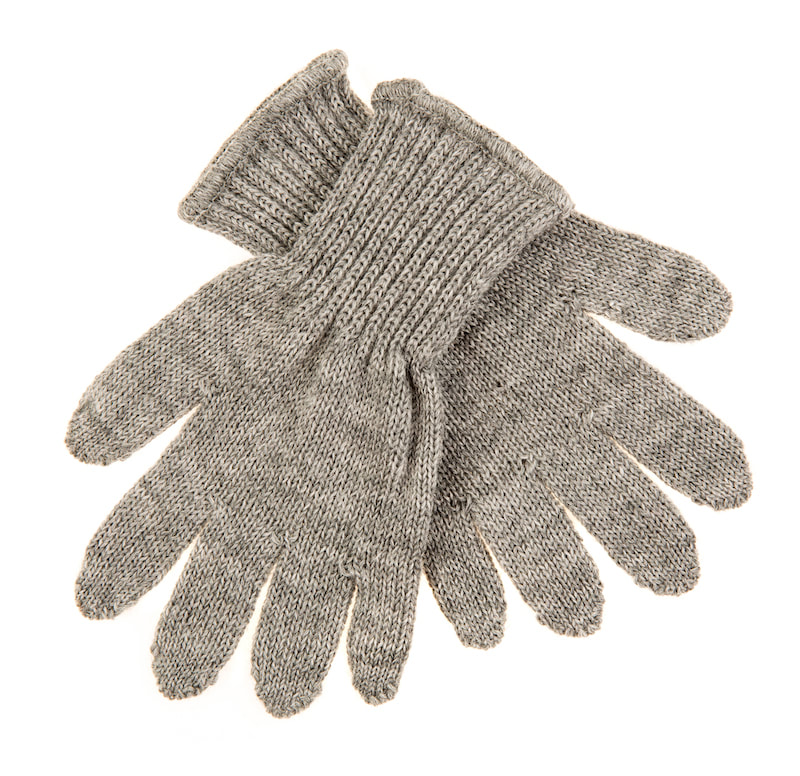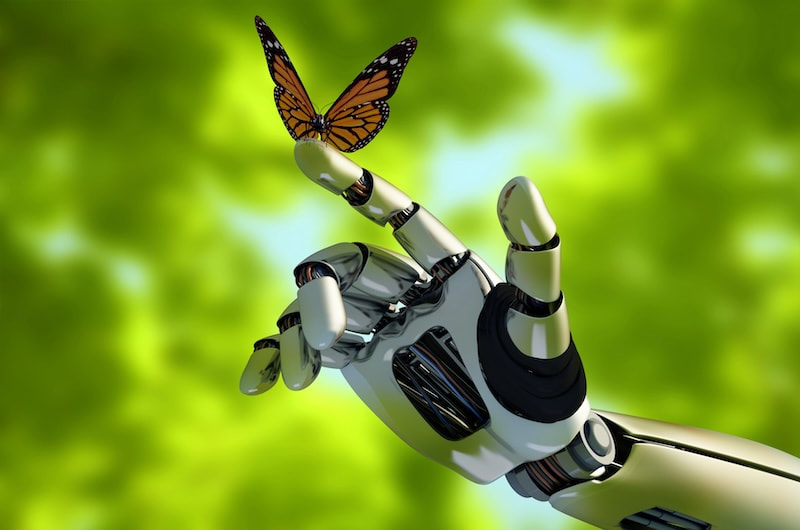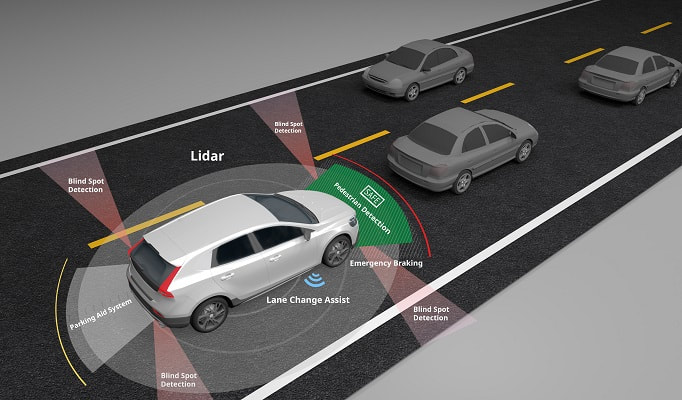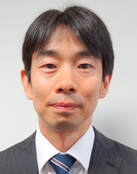|
According to The Asahi Shimbun, a team of Japanese researchers has produced a chemical compound that is being touted to save the lives of victims of gas poisoning in the event of a fire.
Developed by scientists from Doshisha University and elsewhere, the compound’s immediate effectiveness and safety were confirmed through testing on mice. “It is anticipated that it will provide a safe solution with no adverse effects,” said Hiroaki Kitagishi, an organic chemistry professor at the university’s Faculty of Science and Engineering. “We want to save as many patients as possible as there is a spate of flame-derived gas poisoning deaths reported all over the world.” https://www.asahi.com/ajw/articles/14845811
0 Comments
According to The Asahi Shimbun, Nara Medical University has teamed with socks maker and seller Mikasa Inc. to develop gloves designed for patients with Parkinson’s disease and athletes to strengthen the muscles of their fingers.
The handwear is woven in a way that its back side becomes smaller so that the wearer’s fingers are constantly pulled. Donning them will allow users to improve their manual functions unconsciously through daily-life motions. A team of the university’s researchers had subjects suffering from Parkinson’s disease, marked by muscular rigidity and other conditions, wear the gloves as an experiment for five days. They were then compared with patients who did not wear the gloves. https://www.asahi.com/ajw/articles/14687321
According to The Asahi Shimbun, exhausted workers could soon get some rest without feeling self-conscious in a cocoon-like capsule in the corner of their office.
Koyoju Plywood Corp. is developing the Kamin Box (Power nap box), in which people can take a quick nap while standing upright, with technological assistance from Tokyo-based office furniture supplier Itoki Corp. Recent years have seen a rise in the belief that taking breaks and naps are an important factor for improving productivity in offices. https://www.asahi.com/ajw/articles/14678630
According to The Asahi Shimbun, Skyrocketing prices for chemical fertilizers have sent officials looking to other valuable, if unappetizing, resources that are readily available in Japan to help grow food.
While prices are climbing higher and higher, their search has taken them in the other direction--down. Way down. It turns out that human waste from our sewers--the stinky stuff cities usually pay to get rid of--is an abundant natural resource, packed full of essential nutrients for plant growth, once it gets processed. “Sewage sludge is a mine of treasures,” said an official with the land ministry. And farmers are increasingly being priced out of getting those treasures from other sources because of geopolitics. https://www.asahi.com/ajw/articles/14680716
According to The Asahi Shimbun, a Japanese leading auto parts maker developed a car-mounted radar system that triggers an alarm if it detects that a toddler has been left inside the automobile.
Aisin Corp., an affiliate of Toyota Motor Corp., plans to make the device commercially available around 2025. It said it hopes to prevent children from dying of heatstroke while trapped inside cars during sweltering temperatures. https://www.asahi.com/ajw/articles/14663399
According to The Asahi Shimbun, Japanese researchers combined artificial intelligence (AI) and robotics technology to develop a fully automated system to find the best culturing method for turning induced pluripotent stem (iPS) cells into human tissue.
A team comprised mainly of individuals from the Riken research institute said the android technology will not only produce cells for use in regenerative medicine efficiently but also accelerate bioscience research, saving them loads of time. https://www.asahi.com/ajw/articles/14657041
According to The Asahi Shimbun, Japanese researchers announced the development of precision diagnostic testing equipment for COVID-19 that produces a result in only 9 minutes.
They added that the method has the potential to “be applied to earlier detection of cancer and other disorders as well.” The team, comprised primarily of members from the Riken research institute, the University of Tokyo, Kyoto University, Tokyo Medical and Dental University and Jichi Medical University in Tochigi Prefecture, said the test has an accuracy rate of more than 98 percent. Aside from producing a result far faster than a typical polymerase chain reaction (PCR) test, the procedure costs about the same, just US$2 (269 yen). https://www.asahi.com/ajw/articles/14635073
According to The Asahi Shimbun, automakers are competing to lower costs for next-generation, high-performance sensors that are expected to make self-driving vehicles much safer on the streets.
The new technology, called a light detection and ranging (LiDAR) system, uses laser light to precisely scan the shapes and locations of objects surrounding the vehicle. LiDAR has been called the “eye” for automatically operated cars because the technology’s cognitive capability is higher than those of cameras and conventional radar sensors, which are based on radio waves. https://www.asahi.com/ajw/articles/14609890
According to The Asahi Shimbun, restaurant designer Howa Corp. is on a mission to help people go green after developing a paper material here that can be used instead of toothpaste in a tube.
The company started accepting orders in April for its plastic-reducing teeth cleaner for use as a hotel amenity. The product is expected to be delivered to establishments in Tokyo, Kyoto and Okinawa prefectures. Accommodation facility operators are showing interest in the substitute for toothpaste tubes after a law took effect April 1 urging businesses to reduce disposable plastics they use. https://www.asahi.com/ajw/articles/14609889
According to The Asahi Shimbun, enter a new electronic tool that helps people choose business suits on their own.
Tanita Corp., a health equipment manufacturer, and Haruyama Holdings, a major suit company, announced they are starting a service that uses a machine called a body composition analyzer that customers stand on to get their correct measurements. https://www.asahi.com/ajw/articles/14608755 |
Subscribe to our English Newsletter
AuthorHarry Kinase Archives
December 2023
Categories
All
|
Getting Around
Home | About us | Our Services | Column | Blog | Contact | Website term of use
Subscribe to our English Newsletter
|
|
日本語ニュースレター配信登録
© Japan Australia Business Creators Pty Ltd | All Rights Reserved. Website designed and developed by Japan Australia Business Creators Pty Ltd.












 RSS Feed
RSS Feed